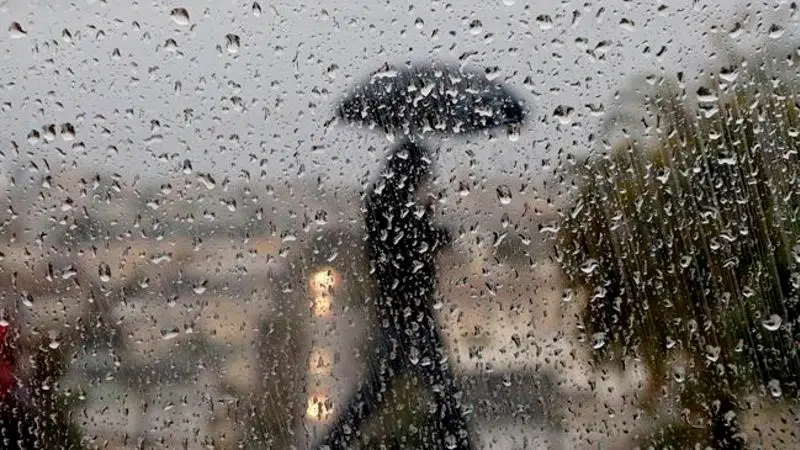
Erin bringing heavy rain to parts of the Maritimes, warnings in effect
HALIFAX — The remnants of post-tropical storm Erin were expected to bring heavy rain overnight to a fairly narrow band of the western Maritimes.
Bob Robichaud, warning preparedness meteorologist with Environment Canada, said the latest storm track models indicate Erin will dump between 50 and 100 millimetres of rain in an area between western Nova Scotia, southern New Brunswick along the Bay of Fundy and western P.E.I.
“The main thing of concern is the rainfall,” Robichaud said in an interview. “It will be blustery tonight, but nothing we haven’t seen before.”
The problem is the tropical moisture carried by Erin is bumping against a cold front in New England, which is why the weather system is expected to produce heavy, isolated downpours
